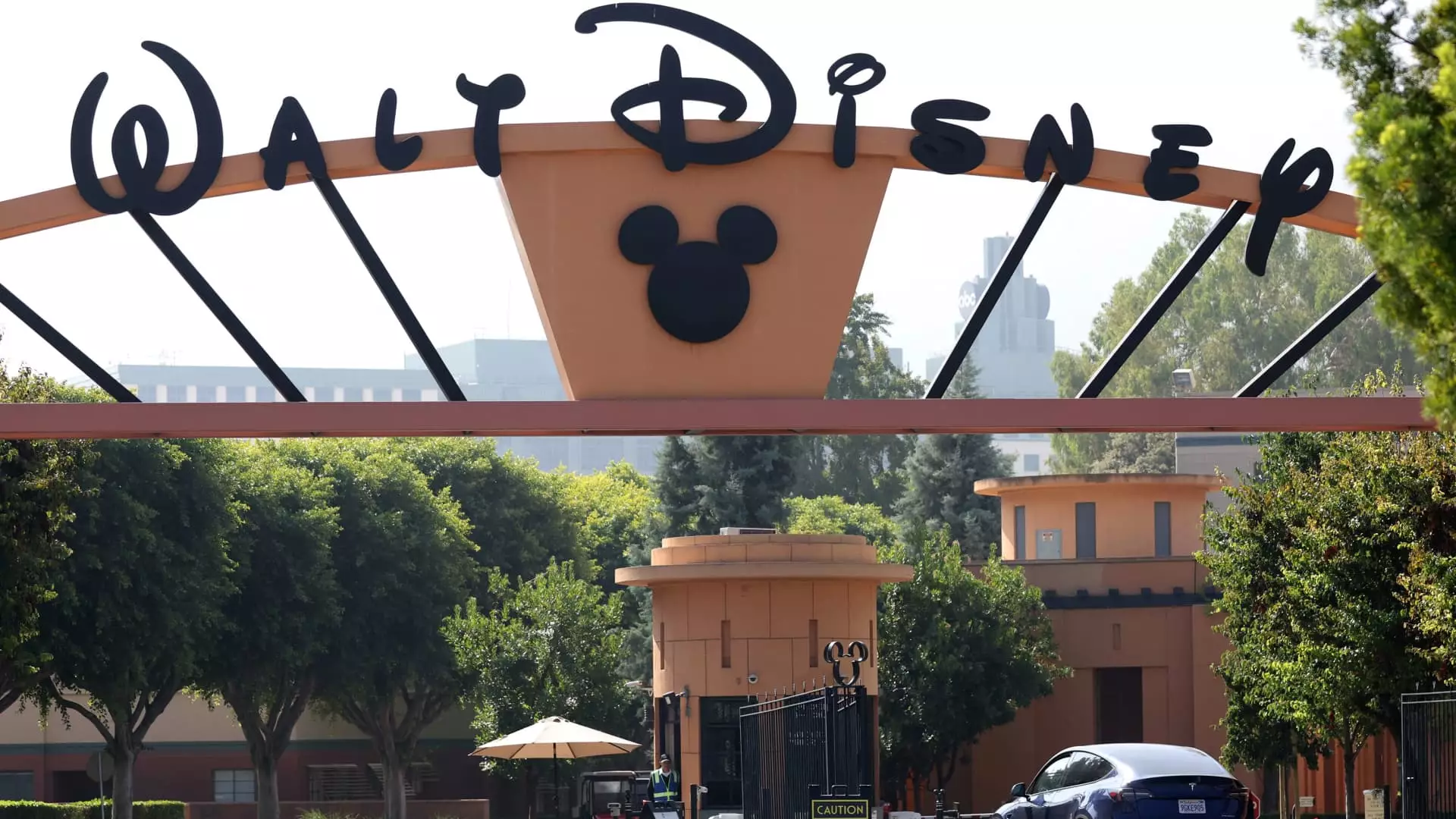The recent announcement from the Federal Communications Commission (FCC) regarding an investigation into Disney’s diversity, equity, and inclusion (DEI) efforts marks a significant moment in the ongoing culture war that has permeated American society. The FCC’s inquiry, which springs from a letter aimed at ensuring that Disney and its ABC unit comply with equal employment opportunity regulations, comes on the heels of several political shifts aimed directly at undermining DEI initiatives across various sectors. Echoing sentiment from the Trump administration, the FCC’s inquiry could serve as a critical pivot point for how organizations implement diversity practices moving forward.
Disney Under Scrutiny: A Cultural Litmus Test
As one of the most prominent brands in the entertainment industry, Disney’s reaction to the FCC’s probe serves not only as a gauge for its corporate philosophy but also reflects broader sentiments regarding inclusivity in corporate America. Disney has long been lauded for its progressive portrayal of diverse characters in both film and television. Yet, the sudden scrutiny indicates a potential backlash against the very initiatives that are designed to foster an inclusive culture. This investigation could be seen as a chilling signal to other corporations that have embraced DEI—not only are results expected, accountability is now required under the scrutiny of governmental agencies eager to pounce on perceived excesses.
Joie de Vivre Meets Regulation
While the FCC ostensibly aims to ensure compliance with regulations, it’s crucial to consider whether the inquiry merely serves as a tool for political maneuvering. With FCC Chairman Brendan Carr appointed by a former president whose own policies were decidedly anti-DEI, there is the risk of politicizing what should be an internal evaluation of workplace culture. For too long, discussions around diversity have been twisted into political fodder rather than viewed through the lens of necessary societal growth. Initiatives in diversity and inclusion should not be merely qualitative metrics for public relations; they should foster genuine environments where all employees feel valued and included.
The Corporate Response: Navigating Uncharted Waters
Disney, for its part, is engaging with the FCC but has remained somewhat reticent in its public relations strategy. This wariness underscores a delicate balancing act—how to advocate for diversity in a landscape increasingly hostile to such initiatives without alienating consumers or regulators. It’s imperative that the company clarifies its commitment to DEI without allowing fear of governmental oversight to dictate the strategies that lie behind their cultural contributions. This could redefine Disney’s corporate character, enabling it to tackle these challenges head-on while still championing a narrative of positivity amidst adversity.
Even more urgently, this situation prompts a broader conversation about the future of corporate America in the face of politicization of DEI. Will companies cower under pressure to abandon their inclusive practices, or will they stand firm, showcasing authentic efforts to promote equity? This inquiry isn’t simply about Disney—it’s about the values that should underpin our society. It’s possible that the backlash against DEI, while troubling, could spur more profound engagement and thoughtful reevaluation of its importance within corporate frameworks.


Leave a Reply